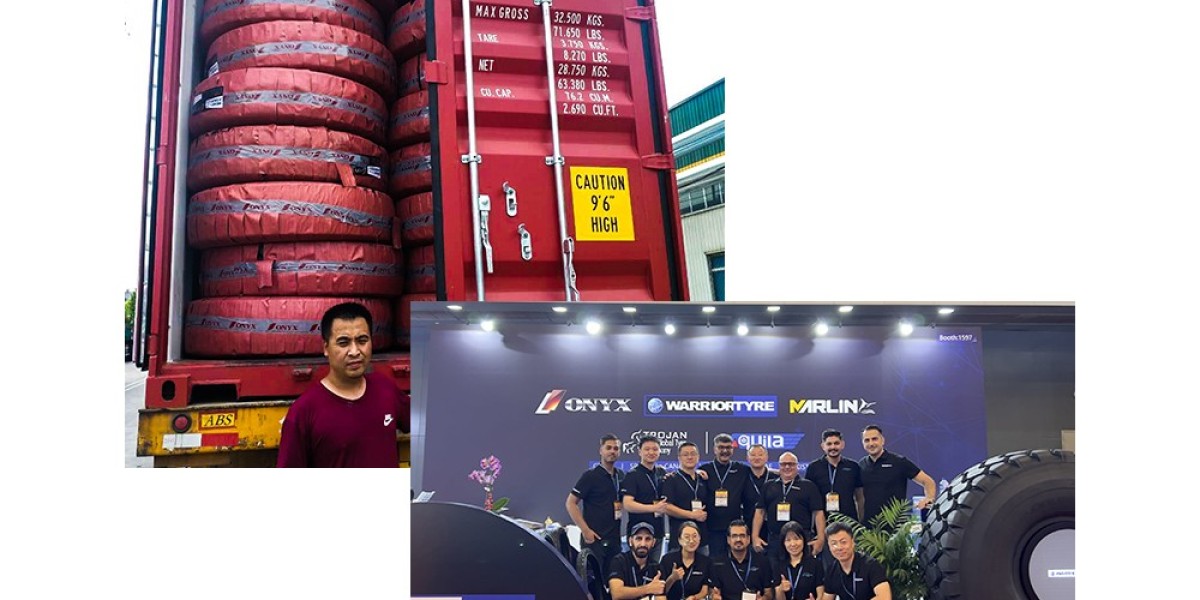Introduction
In the fast-evolving global automotive and logistics industries, tyre suppliers play a pivotal role in keeping vehicles and fleets operational. From manufacturing and sourcing to distribution and maintenance, tyre suppliers bridge the gap between production and real-world performance.
However, the tyre supply business is not without its challenges. Global competition, rising raw material costs, fluctuating demand, and sustainability pressures have made the tyre supply chain more complex than ever before.
In this article, we’ll explore the most common challenges faced by tyre suppliers and how they overcome them through innovation, resilience, and smart business strategies.
1. Fluctuating Raw Material Prices
One of the biggest challenges tyre suppliers face is the volatile cost of raw materials such as natural rubber, synthetic rubber, carbon black, and steel.
When prices rise sharply, it affects manufacturing costs and supplier margins. Since tyre suppliers often work with long-term contracts, sudden price spikes can reduce profitability.
How they overcome it:
Diversified sourcing: Suppliers partner with multiple manufacturers across different regions to balance cost variations.
Bulk purchasing: They buy in large quantities when prices are low, maintaining strategic stock.
Dynamic pricing models: Advanced suppliers use data analytics to forecast price trends and adjust pricing accordingly.
This flexibility helps maintain price stability for customers despite market volatility.
2. Managing Global Supply Chain Disruptions
Events like pandemics, port delays, geopolitical tensions, or shipping crises can disrupt tyre imports and exports. Tyres, being bulky and heavy, depend on efficient logistics systems.
How they overcome it:
Regional warehousing: Setting up multiple warehouses closer to clients ensures faster delivery.
Supplier diversification: Partnering with manufacturers in different countries minimizes dependency on one source.
Advanced tracking systems: GPS and ERP platforms help monitor shipments and predict delays.
Smart logistics management allows tyre suppliers to remain operational even during global disruptions.
3. Increasing Competition in the Market
The tyre supply industry is highly competitive, with thousands of distributors offering similar brands and price points. Standing out in such a crowded field is no easy task.
How they overcome it:
Value-added services: Suppliers differentiate by offering fleet management, tyre maintenance, and digital monitoring solutions.
Strong branding: Building a professional identity through quality assurance, marketing, and customer relationships.
Loyalty programs: Rewarding long-term customers and bulk buyers to retain business.
Instead of competing on price alone, successful suppliers focus on value and trust.
4. Maintaining Consistent Product Quality
Customers expect every tyre they buy to perform safely and consistently. Yet, maintaining quality across diverse manufacturers and regions can be difficult.
How they overcome it:
Strict supplier vetting: Working only with certified tyre brands that meet international standards (DOT, ECE, ISO).
Batch inspections: Conducting quality checks for defects, uniformity, and performance before shipping.
Traceability systems: Using barcodes or RFID to track tyre origins, production dates, and certification.
By maintaining strict quality control, suppliers build credibility and reduce warranty claims or product returns.
5. Adapting to Technological Changes
The rise of electric vehicles (EVs), smart tyres, and digital fleet solutions is transforming tyre technology. Traditional suppliers must adapt quickly to these changes to stay relevant.
How they overcome it:
Product diversification: Offering EV-compatible tyres, low-noise designs, and energy-efficient models.
Tech adoption: Using IoT-based tyre sensors and digital monitoring platforms.
Continuous learning: Training staff to understand new technologies and maintenance techniques.
By staying ahead of innovation trends, tyre suppliers remain competitive and meet modern mobility demands.
6. Handling Environmental Regulations and Sustainability Pressures
Governments worldwide are enforcing stricter environmental regulations on tyre manufacturing, recycling, and disposal. Suppliers must ensure compliance while maintaining profitability.
How they overcome it:
Recycling partnerships: Collaborating with recycling plants to properly dispose of used tyres.
Promoting retreading: Encouraging customers to reuse casings to extend tyre life.
Sustainable sourcing: Partnering with eco-friendly manufacturers that follow green production standards.
This not only helps meet environmental goals but also strengthens a supplier’s brand reputation as a sustainability-driven partner.
7. Logistics and Storage Management
Tyres are large, heavy, and space-intensive. Managing storage efficiently while preventing degradation is a major challenge.
How they overcome it:
Climate-controlled warehouses: Maintaining proper temperature and humidity to preserve tyre integrity.
FIFO inventory system: Using “First In, First Out” to ensure older stock is sold first.
Automated warehousing solutions: Utilizing barcode systems and robotics to optimize space and handling efficiency.
These practices minimize waste, reduce operational costs, and improve delivery timelines.
8. Demand Fluctuations and Seasonal Trends
Tyre demand often fluctuates based on seasons, economic conditions, and industry trends. For example, demand spikes during harvest seasons (for agricultural tyres) or winter (for snow tyres).
How they overcome it:
Predictive analytics: Using historical data to forecast demand and plan inventory.
Flexible supply contracts: Maintaining adjustable purchase agreements with manufacturers.
Diversified markets: Serving multiple industries (agriculture, logistics, construction) to balance seasonal dips.
Predictive planning allows suppliers to maintain steady cash flow and avoid overstock or shortages.
9. Counterfeit and Low-Quality Tyres in the Market
Counterfeit tyres are a serious issue — they endanger lives, damage supplier reputations, and create unfair competition.
How they overcome it:
Authentication systems: Using QR codes, serial numbers, or holographic labels to verify genuine products.
Customer awareness: Educating clients about identifying genuine brands and avoiding fake tyres.
Strong brand alliances: Working only with authorized manufacturers and approved distributors.
Building consumer trust through transparency helps suppliers defend against counterfeit competition.
10. Rising Transportation Costs
Fuel price hikes, shipping surcharges, and inflation directly increase tyre delivery costs. Transporting heavy loads like tyres can significantly cut into margins.
How they overcome it:
Optimized route planning: Using GPS and AI-driven logistics software to reduce travel distances.
Collaborative shipping: Partnering with logistics companies to share loads and cut costs.
Local warehousing: Reducing long-distance shipments by establishing regional depots.
Such strategies ensure that suppliers can maintain competitive pricing despite rising logistics costs.
11. Customer Expectations and After-Sales Service
Modern customers demand more than just tyres — they want expertise, fast delivery, and continuous support.
How they overcome it:
Dedicated customer support teams: Offering technical advice and warranty claim handling.
Fleet monitoring programs: Providing real-time data on tyre performance and wear.
Training workshops: Educating clients on tyre care and maintenance to extend lifespan.
By going beyond sales and offering ongoing support, tyre suppliers build loyalty and strengthen client relationships.
12. Adapting to Economic Uncertainty
Inflation, exchange rate fluctuations, and political instability can all impact international trade.
How they overcome it:
Hedging strategies: Protecting against currency risks using financial tools.
Market diversification: Expanding into stable regions to balance losses.
Agile business planning: Adjusting product lines and pricing quickly in response to market changes.
This adaptability ensures long-term stability in uncertain economic environments.
Conclusion
The tyre supply industry is dynamic, competitive, and full of challenges — from economic fluctuations to technological shifts. Yet, successful tyre suppliers continue to thrive by embracing innovation, sustainability, and operational excellence.
They overcome adversity through strategic partnerships, digital transformation, and a relentless commitment to quality and customer satisfaction. These suppliers don’t just adapt — they lead, shaping the future of mobility and safety across every road and industry.
In a world that never stops moving, the ability to overcome challenges is what truly defines a great tyre supplier.







